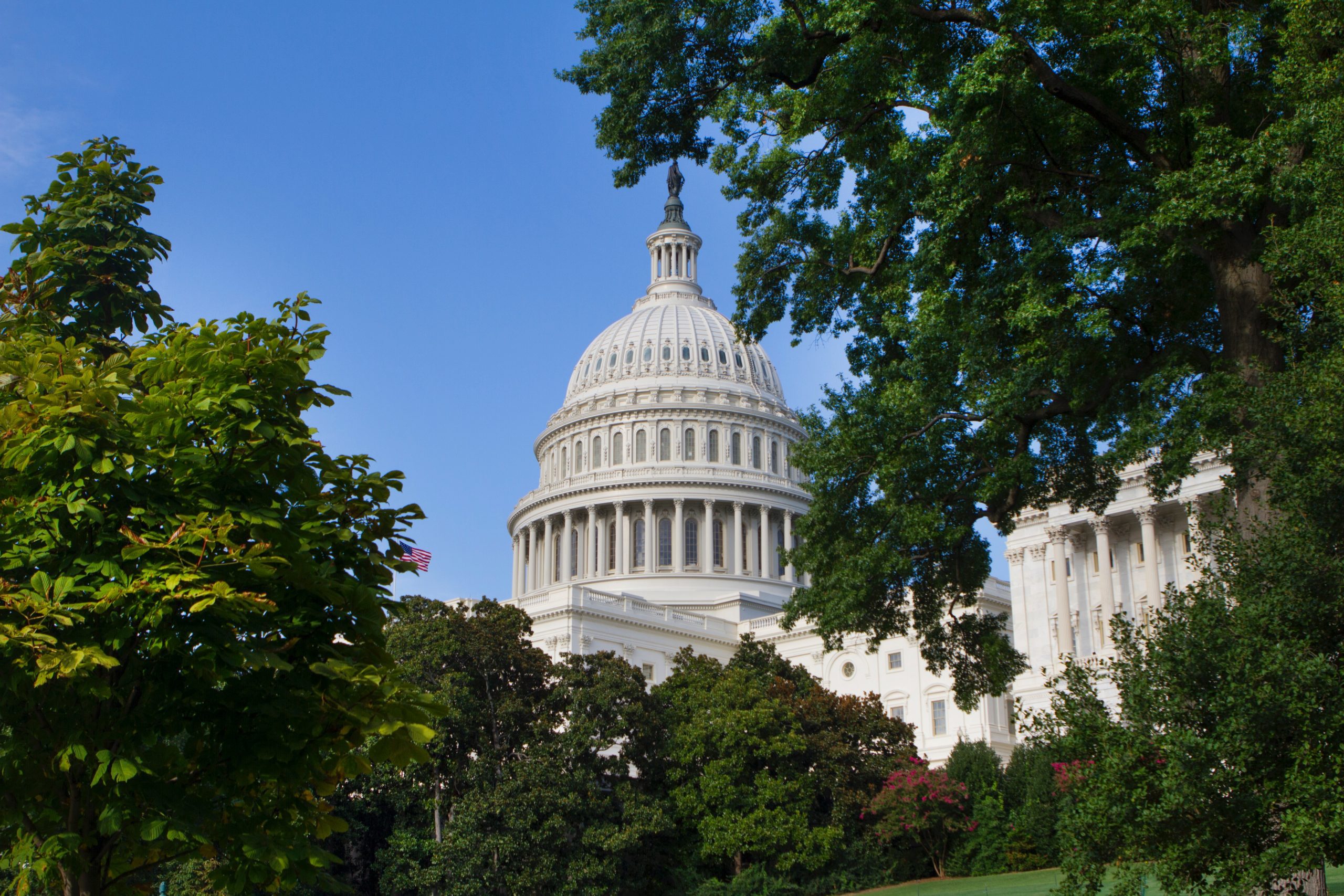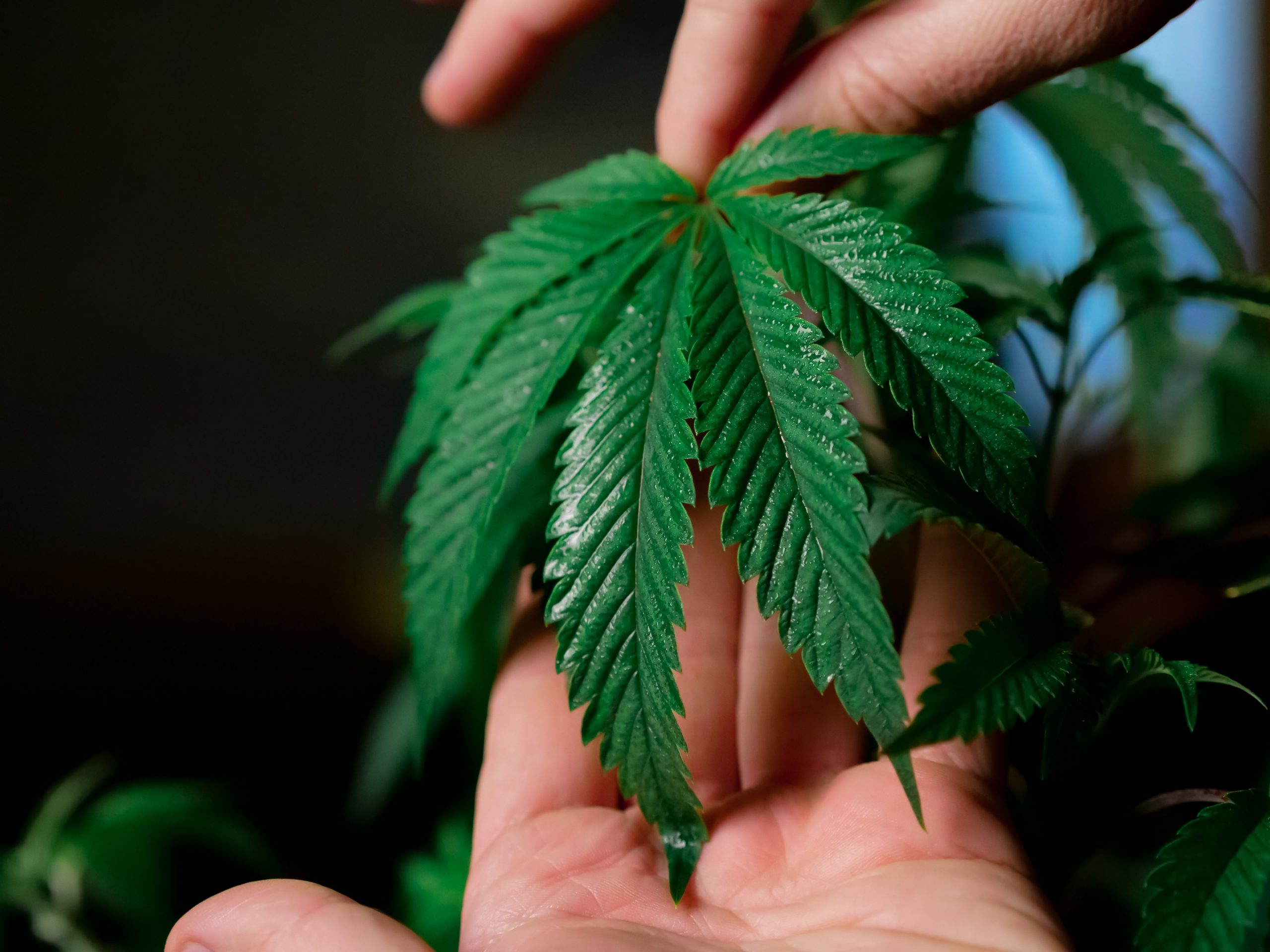
In recent years, the global shift towards cannabis legalization has been evident, and the implications of these legislative changes have sparked debates worldwide. Examining the current state of cannabis legalization, recent developments, legislative changes, and their impact on society, the economy, and public health is crucial for understanding this evolving landscape.
Cannabis legalization has undergone significant transformations globally. While recreational use remains illegal in most countries, an increasing number of nations have adopted more progressive approaches. Uruguay became the first country to fully legalize cannabis in 2013, followed by Canada in 2018. Many countries, including certain U.S. states, have decriminalized or legalized cannabis for medicinal and recreational purposes.
President Joe Biden’s pardon of federal offenders charged and convicted of federal cannabis possession last fall marked a significant development in the United States. However, this pardon proclamation did not make cannabis federally legal. It did, however, direct the Secretary of Health and Human Services and the Attorney General to review the legal classification of cannabis, which is currently underway without a formal announcement on its status.
In addition to the pardon proclamation, President Biden signed the 2022 Medical Marijuana and Cannabidiol Research Expansion Act, which aimed to streamline the approval process for federal scientific studies on cannabis. This legislation opened up more opportunities for cannabis research, particularly in the medical field. It requires the U.S. attorney general to review medical study proposals within a 60-day period or request additional information. The impact of this legislation on medical cannabis research is yet to be fully understood.
Before these presidential moves, medical research on cannabis’s health benefits was primarily conducted at the state level. Pennsylvania, for example, was the first state to require medical cannabis research as part of its medical legalization regime. State-sponsored research programs have also been established in California and Colorado. Pennsylvania stands out as the first state to pair state universities with cannabis producers to collect data and study cannabis’s efficacy.
Looking at the Yo-Yo’ing of legalization efforts in the U.S. over the last three years, there have been notable victories and setbacks. In the November 2020 election, five states had initiatives to legalize cannabis on the ballot. Arizona, Montana, and New Jersey added recreational legalization to already existing medical regimes, while Mississippi and Missouri legalized medical marijuana. South Dakota voters approved both medical and recreational legalization, although the recreational legalization aspect faced legal challenges from state lawmakers.
In the November 2022 elections, five states placed voter initiatives to legalize marijuana on the ballot. However, only Maryland and Missouri succeeded in legalizing adult recreational use, while Arkansas, North Dakota, and South Dakota voted against it. This retrenchment in some Republican-led states correlated with the rise of a “more anti-vocal political establishment,” where cannabis legalization became entangled with other polarizing social issues. Nevertheless, progress continues, with recent examples including Kentucky legalizing medical marijuana and Minnesota legalizing adult recreational use.
The state legalization count is constantly changing. As of now, there are 23 states with recreational legalization, 15 states where it is legal exclusively for medical use, and nine states with severely limited access. However, there are still three states—Idaho, Kansas, and Nebraska—and one inhabited U.S. territory, American Samoa, where cannabis remains fully illegal.
Looking ahead, there is no specific timeline for the review of cannabis’s legal classification by Attorney General Garland and HHS Secretary Becerra. However, there are active efforts toward expansion in states like Florida and Ohio. In Florida, state election officials verified over 967,000 valid signatures for a ballot initiative that, if approved by the courts, could place cannabis legalization on the state’s November 2024 ballot. Ohio is also seeing signature-gathering action for a ballot initiative to legalize adult recreational use.
The global cannabis legalization landscape is experiencing a “green wave,” with more countries and states embracing liberal policies. While it offers benefits such as reduced strain on criminal justice systems, economic growth, and improved access to medical cannabis, challenges remain. Safeguarding public health and safety, preventing underage use, and minimizing negative consequences require careful consideration. Policymakers, researchers, and communities must collaborate to strike a balance that maximizes the benefits while minimizing the risks of cannabis legalization.
In conclusion, the landscape of cannabis legalization is evolving globally, and it is important to examine the recent developments, legislative changes, and the impact on society, the economy, and public health. Balancing the benefits and challenges of legalization is crucial as more countries and states move towards adopting progressive approaches to cannabis.
source: https://www.cannabisbusinesstimes.com/
EXPLORE MORE NEWS
Newsletter




